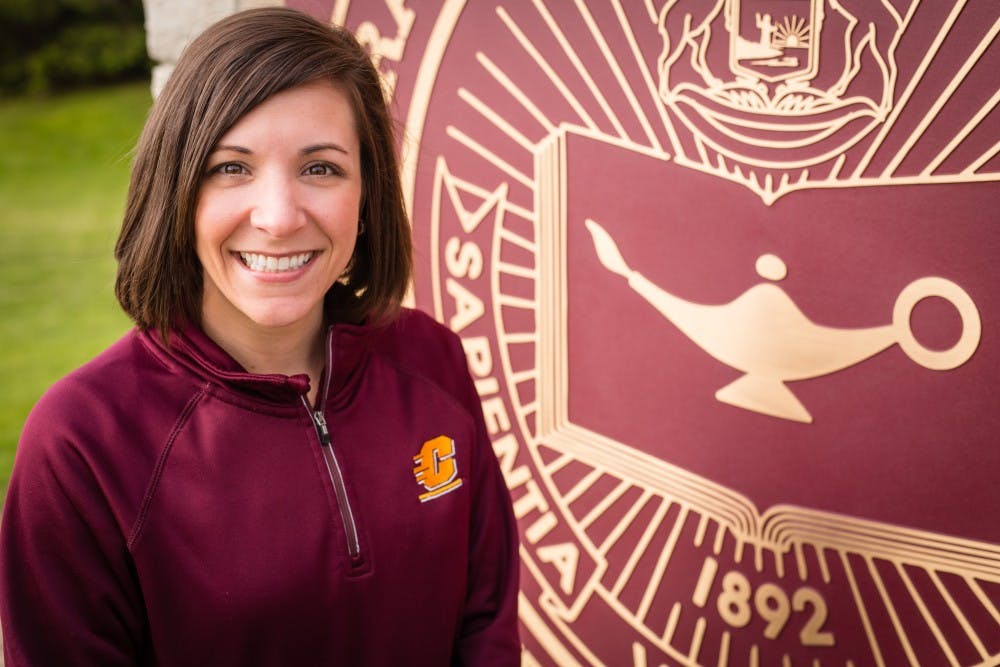Academic adviser vs. success coach: What's the difference?
Office of Student Success Associate Director explains

What is the difference between an academic adviser and a success coach?
Which one you visit depends on what you need help with. There are many people at Central Michigan University dedicated to helping you make your college experience easier. But sometimes it gets confusing trying to figure out where to go for help.
Office of Student Success Associate Director Erin Smith-Gaken is one of those people who wants to help you out. She explained the difference between the two positions and offered advice on when you should visit them.
CM Life: What does an academic adviser do?
Smith-Gaken: Think of the academic adviser as the person who helps you develop your academic plan: course selection, your major or any other requirements that may exist. They may help with some major exploration, but then we would utilize the Career Development Center – there's a lot of partnering with that. There are different types of advisers: we have pre-major advisers that are housed in the residence halls, who mainly work with first-year students, then segueing into the college-specific advisers, who are just as trained in general education requirements, but also a lot more familiar with majors and major requirements.
What does a success coach do?
A success coach helps to navigate that academic plan. If you were to come in and say, "I'm struggling in these classes," or "I have this really heavy course load this semester and I work 20 hours a week, and by the way, I'm the president of my RSO," that coach could help you address your time management and prioritization and help you think of new ways to study or learn or strategize for those classes that may pose more of a challenge than others. They are really there to help you navigate college.
Do most of the success coaches know some advising stuff? Yes, but I don't ever claim to be as trained in that as our academic advising friends who do that day in and day out. The coaches are there more to provide support and guidance, whether that is time management, study skills, learning styles, self-efficacy and building confidence.
We work a lot with first-year students to help with that transition and adjustment to college, which is super important. Helping them get engaged is another piece of it. We know because of research that students who are engaged on campus are more likely to do better and stay.
How often do students see a success coach?
Success coaching is unique to every student. It's meant to be more long-term as well. A success coach would anticipate meeting with you multiple times a semester, if that's something you would want, where, more than likely, you would see an adviser once a semester with the current model that we have. Generally, success coaching is a little bit more long-term relationship building than advising could be, not to say that advisers don't build really close relationships with their advisees too.
What is the most important thing students should know about success coaching?
Your success is your own. How you view success is different than how I would view success. When you come in to meet with a coach, it's a judgment-free zone. We're just here to support you. We want to be your person, however that works for you, whatever you want that to be for you as a student, we want to give you the support that you need. We're just here to help you navigate college and be successful however you define success for yourself.



